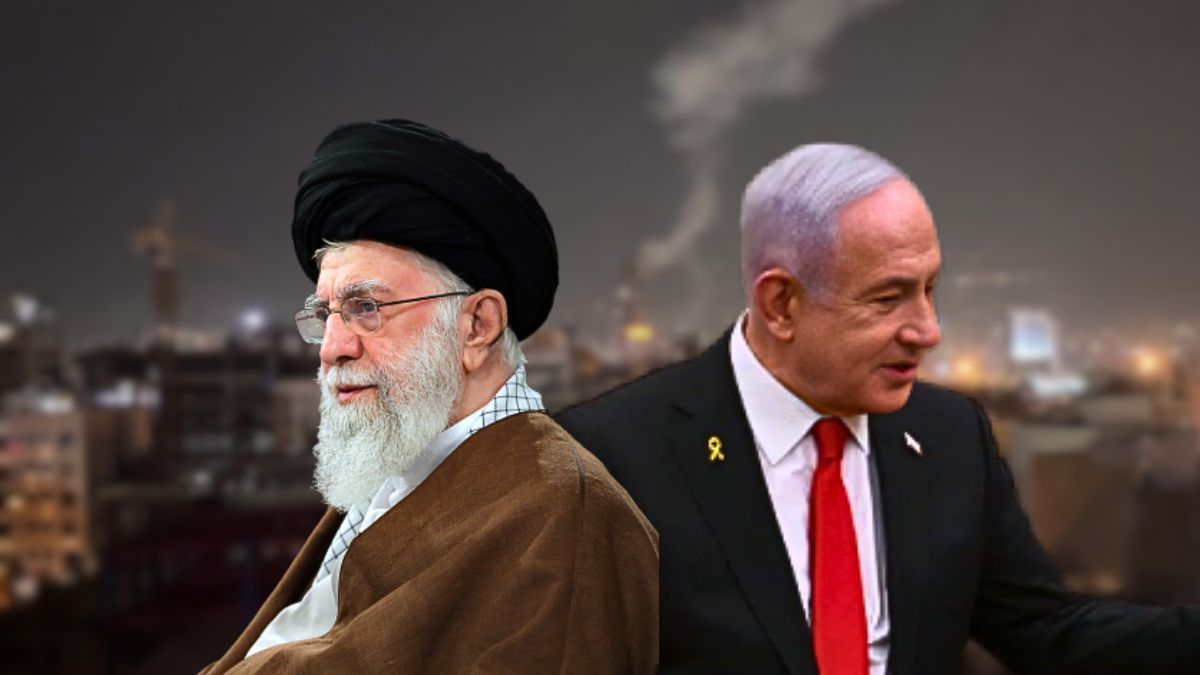Iran has told its Gulf mediators that it will not engage in any ceasefire talks while its territory is under Israeli attack, Reuters cited a regional official briefed on backchannel communications as saying on Sunday (June 14). The message was conveyed to both Qatar and Oman, who have served as traditional intermediaries between Iran, Israel, and the United States.
“The Iranians informed Qatari and Omani mediators that they will only pursue serious negotiations once Iran has completed its response to the Israeli pre-emptive strikes,” the official said. The source added that Tehran was “explicit” in stating that talks cannot proceed under fire and dismissed media claims that Iran had asked Qatar or Oman to lobby Washington for an immediate ceasefire.
This hardening of Iran’s stance comes amid what has become the most intense direct confrontation between Israel and Iran in their history.
What triggered the current conflict between Israel and Iran?
The conflict exploded on Friday (June 13), when Israel launched a massive and sudden air assault on Iranian military and nuclear facilities, killing key members of Iran’s military command and damaging sensitive sites, including in Natanz. The Israeli military later announced that this was the start of a multi-phase campaign aimed at permanently disrupting Iran’s nuclear ambitions.
Iran responded with warnings of catastrophic retaliation, vowing to “open the gates of hell.” Israeli officials have insisted the operation will continue and escalate in the coming days, despite mounting international calls for restraint.
Mediators Oman and Qatar have previously played key roles in nuclear diplomacy and de-escalation initiatives between Tehran and Washington. However, the most recent round of US-Iran nuclear talks—hosted by Oman— was cancelled a day after Israel’s initial strikes, underscoring how the battlefield has overtaken the negotiating table.
How far has the conflict escalated now—and what are the humanitarian consequences?
The fighting continued to spiral on Monday (June 16), when Iranian missiles struck Tel Aviv and the port city of Haifa, killing at least three people and injuring dozens more. Israeli media showed images of destroyed homes in central Israel, where residents were caught off guard by overnight strikes.
Israel had earlier reported 10 fatalities, including children, in previous Iranian missile attacks over the weekend.
In Iran, the death toll has climbed to at least 224, with the Iranian Health Ministry reporting that 90 percent of those killed were civilians. The full extent of the damage to Iran’s military and nuclear sites remains undisclosed, but international observers say the strikes are among the most extensive Israel has ever carried out inside Iran.
The conflict is expected to dominate the agenda at the G7 summit this week in Canada, where world leaders are growing increasingly alarmed by the risk of regional escalation.
